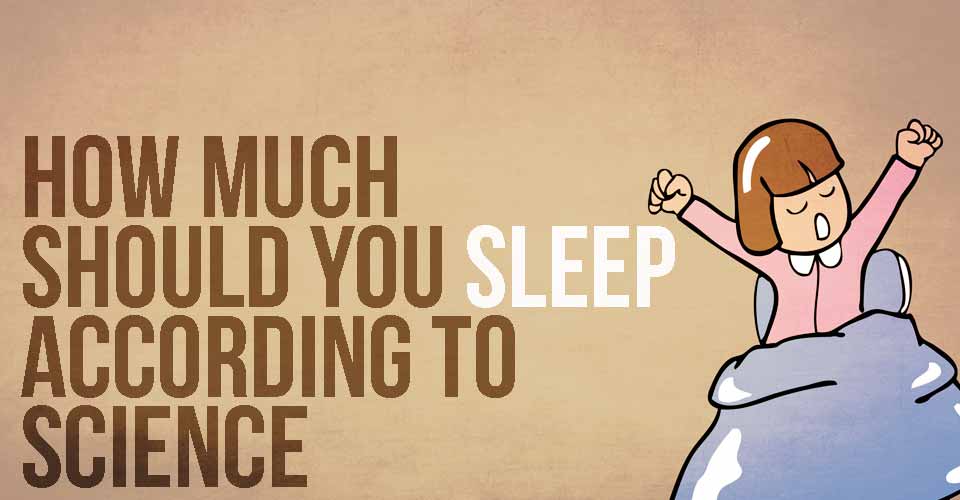
Ah sleep, the big ZZZZZ. I can never seem to have enough of it. Sometimes it literally feels like I’m not getting any. With a rowdy toddler in tow, sometimes I wonder if there is any point trying to sleep at all? So I decided to research what would happen if I stopped sleeping all together, would it kill me? And how constantly broken sleep is affecting me in the long run.
Buy an “Intelligence is sexy” t-shirt!
Science understands relatively little as to why we sleep or how to evolved in the first place, I guess it always just happened? After all laying dormant and unconscious for hours on end whilst predators lurked hardly seemed advantageous or smart. But there are direct correlations; for example adults who sleep between 6-8 hours a night tend to live longer, excessive sleep however can lead to medical problems including cardio vascular disease and diabetes. Similarly chronic sleep deprivation has been linked to cardiovascular disease, obesity, depression and brain damage, yikes!
But what if I stopped sleeping right now? Well studies show after the first sleepless night the mesolimbic system becomes stimulated and dopamine runs rampant and this can actually trigger extra energy, motivation, positivity and even sex drive. Woohoo!
Sounds appealing, but its a slippery slope, your brain slowly begins to shut off the regions responsible for planning and evaluating decisions leading to more impulsive behaviour. Once exhaustion sets in you will find yourself with slower reaction times and reduced perceptual and cognitive functions.
After a day or two of no sleep the body loses its ability to properly metabolise glucose and the immune system stops working as well. In some cases, three days of no sleep led to hallucinations.
Read: The Lack of Sleep is Making you Way More Than Grumpy
The longest ever scientifically documented case of being awake was 264 hours which amounts to 11 days. While the case studies did develop problems with concentration, perception and irritability, the surprising truth is that they suffered no long term health affects. In fact none of the individuals under these documented conditions experienced medical, physiological, neurological or psychiatric problems. (But these are limited studies and it doesn’t mean permanent damage couldn’t be inflicted with more time. After all sleep deprivation has been used as an effective torture method for centuries for a reason.)
Sleep deprivation experiments on rats (aw poor things!) generally lead to death after about two weeks. But scientists cant be sure if they are dying from the lack of sleep or the stress of being constantly woken up.
We can look at the extreme condition of fatal familial insomnia, a genetic disease of the brain that can lead to gradually worsening insomnia and sleeplessness, leading to hallucinations, dementia and ultimately death. This is a rare disease and is know to have only affected around 100 people in the world, but their survival span was only around 18 months. Over time the lack of sleep becomes worse and the bodies organs begin to shut down. So when lack of sleep won’t kill you quickly, continuous sleep deprivation will have a negative affect on your body.
With all those facts and figures, I am content with the sleep I do get and should stop grumbling about feeling tired and be grateful to wake up fit and healthy every morning for a brand new day.
Read: What is Polyphasic Sleep and Why is it so Effective
Do you get enough sleep? How does sleep deprivation affect you? Share your story with us below.


